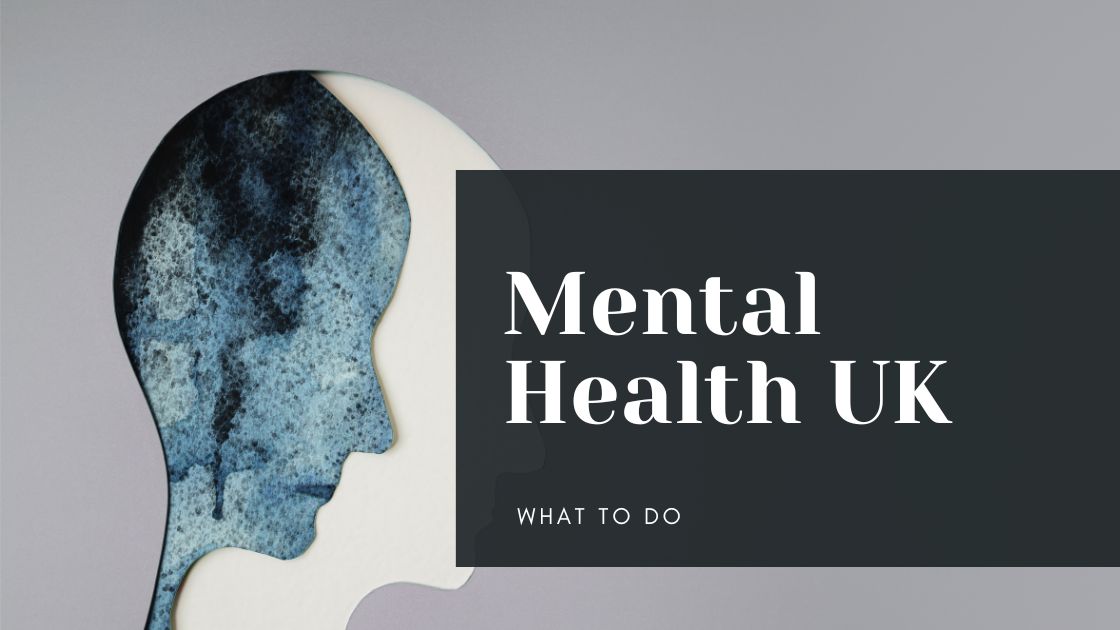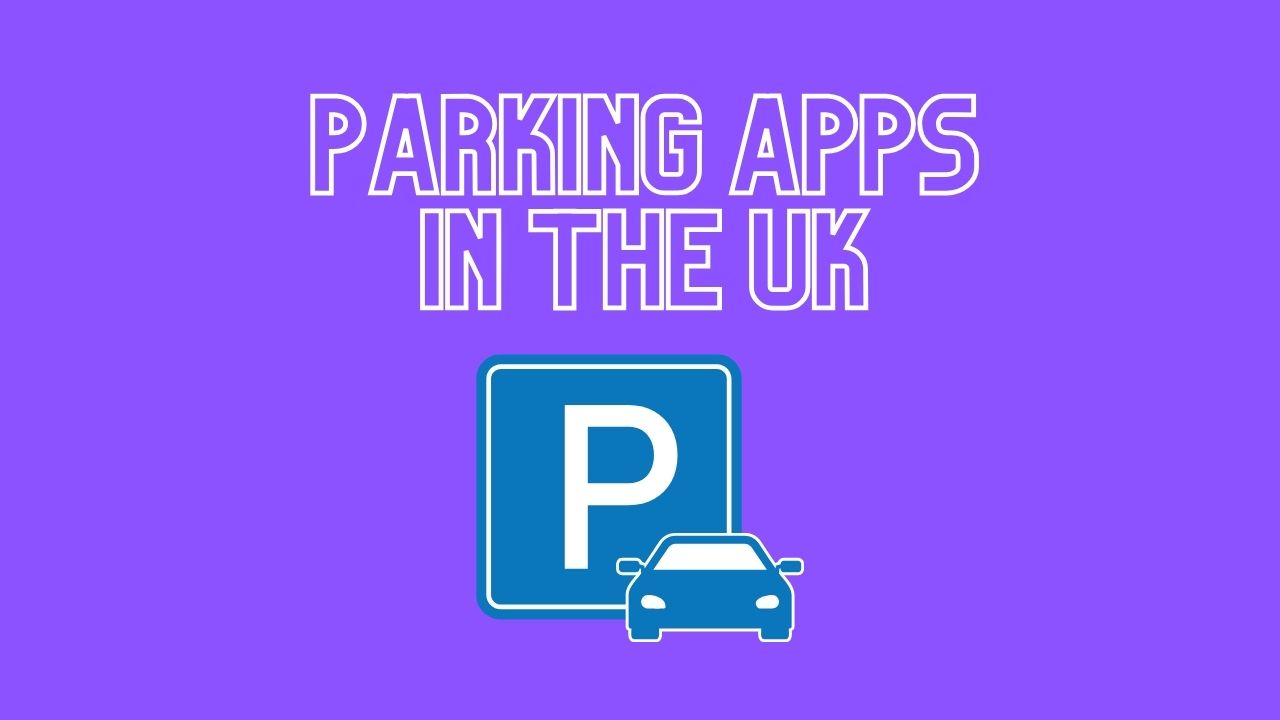Your mental well-being is no less important than your physical health. However, we sometimes let it linger in the shadows, unaddressed and misunderstood. In the UK, where the hustle of life never seems to slow down, the importance of mental well-being cannot be overstated.
The relentless pace can erode our inner peace, leaving silent scars that are often ignored until they become too profound to overlook. As a society, we’re beginning to recognise that mental fortitude is not infinite; it requires nurturing and attention.
As a mother, I witness the pressures that affect not only us as adults but our children as well. Our youth navigate a complex world of social media, academic expectations, and an uncertain future, which can take a heavy toll on their mental health.
This article aims to shed light on mental health in the UK, examining its prevalence, the factors influencing it, and the measures being taken to improve the nation’s mental well-being.
The Current Landscape of Mental Health in Britain
Mental health issues cut across all demographics, affecting millions in the UK. The statistics are more than mere numbers; they visually represent the number of people struggling with real problems. The societal impact of mental health is profound. Productivity loss, strained relationships, and the overwhelming burden on the healthcare system are just some of the consequences.
Moreover, the stigma associated with mental health is a barrier to seeking help, leaving many to suffer in silence. The statistics for mental health in the UK paint a clear picture:
- Each year, 1 in 4 adults will experience a mental health problem
- Mental health issues rank among the top causes of disability in the UK
- Around three-quarters of all UK suicides happen among males
- Up to 20% of children aged 8 to 16 suffer from mental health issues
Early intervention and access to mental health services are crucial, yet underfunding and long waiting times hinder these services, exacerbating the crisis. It’s imperative that mental health is given the same priority and resources as physical health to foster a healthier society.
In mental health covered by the NHS?
Yes, mental health care is covered by the National Health Service (NHS) in the United Kingdom. The NHS provides a range of mental health services that are free at the point of use for residents in the UK. This includes various types of support such as:
- General Practitioner (GP) Services: GPs are often the first point of contact for someone with mental health issues. They can provide initial assessments, advice, and referrals to more specialized services.
- Counseling and Psychotherapy Services: These include talking therapies, such as cognitive-behavioral therapy (CBT), which can be accessed through referrals by a GP.
- Community Mental Health Teams (CMHTs): These teams provide specialist support for people with more complex or severe mental health needs.
- Crisis Services: For urgent mental health needs, the NHS provides crisis helplines and emergency interventions.
- Child and Adolescent Mental Health Services (CAMHS): These services specifically support children and teenagers with mental health issues.
- Psychiatric Care: This includes inpatient care for severe mental health conditions that cannot be adequately managed in a community setting.
I must note that while the NHS provides comprehensive mental health services, there can sometimes be waiting times for certain treatments or therapies due to high demand. In recent years, there has been an increasing focus on improving mental health services and reducing waiting times within the NHS. We needed to have an ADHD evaluation for my 9y and it was a waiting period of 24 months- so we ended up having it by a private specialist.
Online Counseling Options in the UK
In case needed, In the UK, there are several reputable online therapy and counseling services available. Here are some of the notable and trust worthy ones to start with:
- E-Therapy: This UK-based online counseling and therapy platform offers high-quality private calls with experienced practitioners. It provides a range of therapy options, including behavioral therapies like CBT and DBT, and is known for its affordability and convenience. Sessions are securely conducted using encrypted video calls, ensuring privacy and data protection. The pricing is flexible, with a pay-per-visit model, and the therapists are qualified by the British Association for Counselling and Psychotherapy (BACP).
- BetterHelp: Touted as the “Best Online Therapy UK” by some analyses, BetterHelp offers a large selection of specialized UK therapists (over 1,000). They have an efficient therapist matching process and are known for their affordable rates. They also provide various therapy options, with pricing ranging from £50-80 per week, billed every 4 weeks.
- Online-Therapy.com: This service is noted for its cost-effectiveness, being almost half the price compared to BetterHelp. It specializes in cognitive behavioral therapy (CBT) and offers therapy sessions at reasonable rates.
- Calmerry: Another service highlighted in the list of best online therapy services in the UK. It offers a variety of counseling options with different pricing structures.
- My Therapist Online and My Online Therapy: Both are included in the list of top online therapy services accessible to UK residents. These platforms offer counseling services through a secure online environment.
- BACP Online and Phone Counselling: The British Association for Counselling & Psychotherapy (BACP) explains that online and phone counselling involve sessions through online platforms or phone appointments. These sessions offer a safe space to discuss feelings without judgment and can help with issues like anxiety, stress, depression, self-esteem, and relationship problems. The BACP emphasizes the importance of choosing a qualified therapist and provides guidance on what to expect from online counselling.
These online therapy and counseling services offer various benefits, including accessibility, privacy, and a range of therapy options to suit individual needs. They have adapted to provide effective support remotely, ensuring clients can access mental health services in a way that fits their lifestyle and preferences.
Factors Influencing Mental Health
Mental health is a complex issue influenced by many factors, encompassing biological, social, and environmental dimensions. In the UK, various factors contribute to mental health challenges, and understanding them is crucial when considering starting a new life as a young family relocating to the UK.
Economic Factors
Economic factors play a significant role in influencing mental health. Let’s start with financial stress, a common issue in today’s society. The constant worry about making ends meet and providing for oneself or family can lead to anxiety, depression, and feelings of hopelessness. Additionally, financial instability and living under the poverty line can limit access to essential resources, such as healthcare, education, and housing, further exacerbating mental health challenges.
Social Factors
Social factors also have a profound impact on mental health. We humans are social creatures, and solid social bonds are crucial for our emotional well-being. Social isolation can contribute to feelings of sadness, worthlessness, and despair. Negative social experiences, such as discrimination, abuse, or bullying, can also have a detrimental effect on mental health, leading to anxiety, depression, and post-traumatic stress disorder (PTSD). In fact, 1 in 5 UK children experience some form of bullying, which, as a parent, I find very distressing.
Work-Related Stress
The modern workplace can also be the cause of stress. Long working hours, demanding workloads, tight deadlines, and job insecurity are common factors that can exhaust us mentally, physically, and emotionally. If left unaddressed, chronic work-related stress can lead to more severe mental health conditions, such as depression and anxiety disorders.
Other Factors Influencing Mental Health
In addition to the aforementioned economic, social, and work-related factors, various other aspects of life can influence mental health. These include:
- Biological Predisposition: Genetics, brain chemistry, and physical health conditions can affect mental health.
- Lifestyle: Diet, exercise, sleep habits, and substance use can all impact mental well-being.
- Trauma and Abuse: Experiencing traumatic events, such as abuse, neglect, or violence, can significantly impact mental health.
- Cultural factors: Cultural beliefs, expectations, and stigma surrounding mental health can influence an individual’s experiences and access to support.
The Impact of COVID-19 on Mental Health
The pandemic has created a perfect storm of stressors, leading to a significant increase in anxiety, stress, and loneliness among individuals of all ages. This surge in mental health challenges has put an immense strain on mental health services, which were already stretched thin before the pandemic.
The isolation and uncertainty caused by lockdowns and social distancing measures have taken a toll on our well-being. The disruption to daily routines, the fear of contracting the virus, and the loss of social connections have all contributed to heightened anxiety and stress levels. Not to mention the economic fallout that has led to increased financial strain.
While the full extent of the long-term effects of COVID-19 on mental health is yet to be fully understood, it is clear that the pandemic has exacerbated existing mental health issues and created new ones. We must continue investing in mental health services and raising awareness about the importance of seeking help when needed.
Mental Health Services Available to UK citizens
As a mother navigating the complexities of the National Health Service’s mental health provisions, I’m acutely aware of the intricate dance between necessity and availability. We’re fortunate to have a system that aims to support mental health without the immediate financial burden of private healthcare. However, the hurdles can seem insurmountable when a family member needs help.
The process of seeking care can be frustrating, with referral pathways often feeling like a maze that’s tough to navigate. GPs do their best, but they’re sometimes gatekeepers to stretched-thin services. Moreover, the one-size-fits-all approach doesn’t always cater to individual needs, leaving some feeling lost or unsupported.
It’s evident that while strides have been made in de-stigmatizing mental health issues, the services themselves still need to catch up to ensure timely and effective support for all, especially for the vulnerable populations who need it most.
Still, I feel fortunate to live in a country that provides its citizens with several options to take care of their mental well-being, such as:
- Improving Access to Psychological Therapies (IAPT): This service provides talking therapies, such as cognitive behavioural therapy (CBT) and counseling, for people with mild to moderate mental health problems.
- Community Mental Health Teams (CMHTs): These teams provide a range of support services for people with severe mental health problems, including medication, therapy, and case management.
- Inpatient Mental Health Services: These services provide care for people who are experiencing a mental health crisis or who need intensive treatment.
Campaigns and Policies Addressing Mental Health Issues
As a mother myself, I’m heartened to see that the UK government has finally recognized the urgent need to address mental health issues. The stigma surrounding mental health has maybe reduced in recent years, but there’s still a long way to go.
The government’s “Every Mind Matters” campaign is a step in the right direction, encouraging individuals to be more proactive about their mental well-being. Similarly, the “Five Year Forward View for Mental Health” strategy outlines a comprehensive approach to improving mental health outcomes within the healthcare system.
Local support groups, enabled by these policies, have been a lifeline for many. They create safe spaces for individuals to share their struggles without judgment.
Knowing these resources are available offers a sense of security when you’re a parent. However, while the strides are noteworthy, I remain cautiously optimistic, hoping these are not just fleeting commitments but sustained efforts to change the landscape of mental health care in the UK. It’s about time we break the stigma and provide robust, accessible support for everyone.
Innovations and Technological Advancements in Mental Health Care
The rise of online therapy platforms has been a game-changer, making it easier and more convenient for people to access therapy, especially those in remote areas or with limited mobility. These platforms offer a variety of therapy modalities, such as cognitive behavioural therapy (CBT) and mindfulness meditation.
Moreover, mobile apps for mindfulness and mental health tracking have become increasingly popular tools for self-management. They allow you to track your moods, symptoms, and progress over time. They also offer guided meditations, relaxation techniques, and other resources to promote mental well-being.
Digital solutions offer a promising avenue for improving access to mental health care and empowering individuals to manage their mental well-being. As technology evolves, we can expect even more innovative and effective digital tools to emerge, making mental health support more accessible and personalised.
Educating Yourself and Your Children About Mental Well-Being
It’s essential to educate ourselves and our children about mental well-being, fostering open conversations and breaking the stigma associated with mental health issues. Just as we teach our children about physical health, we need to teach them to manage their mental health.
Incorporating mental health education into the school curriculum is crucial to empower the next generation with coping mechanisms and resilience. By integrating mental health topics into age-appropriate lessons, we can help children understand their emotions, identify signs of distress, and seek support when needed.
Additionally, providing opportunities for social-emotional learning (SEL) can help children develop empathy, self-awareness, and conflict-resolution skills, fostering a supportive and inclusive classroom environment.
Future Outlook: What Needs to Change
The growing recognition of mental health’s profound impact on individuals and communities has ignited a call for a transformative shift in the UK’s mental healthcare landscape. To achieve this transformation, a comprehensive approach is necessary, encompassing the following:
- Investment in mental health services must be a priority.
- Advocacy groups must continue to push for policy changes.
- Society as a whole needs to shift towards a more empathetic and supportive stance on mental health.
- Education systems should include mental health awareness and coping strategies in their teachings.
- Employers should provide mental health support and resources in their workplace wellness programs.
- Everyone must have access to affordable and timely mental health care, regardless of their socioeconomic status.
- The media should responsibly report on mental health issues to reduce stigma and misinformation.
Conclusion: Mental Wellbeing in the UK
Mental health is integral to our overall well-being, and its significance cannot be understated. From the statistics to the policies, from the impact of the pandemic to the innovations in care and the awareness campaigns to the education initiatives, it’s clear that the UK is moving in the right direction.
However, there’s still much work to be done. As a society, we’re collectively responsible for continuing the conversation, advocating for resources, and supporting one another. Only through continued dialogue and action will we see a positive change in the mental health landscape of the UK.










































































